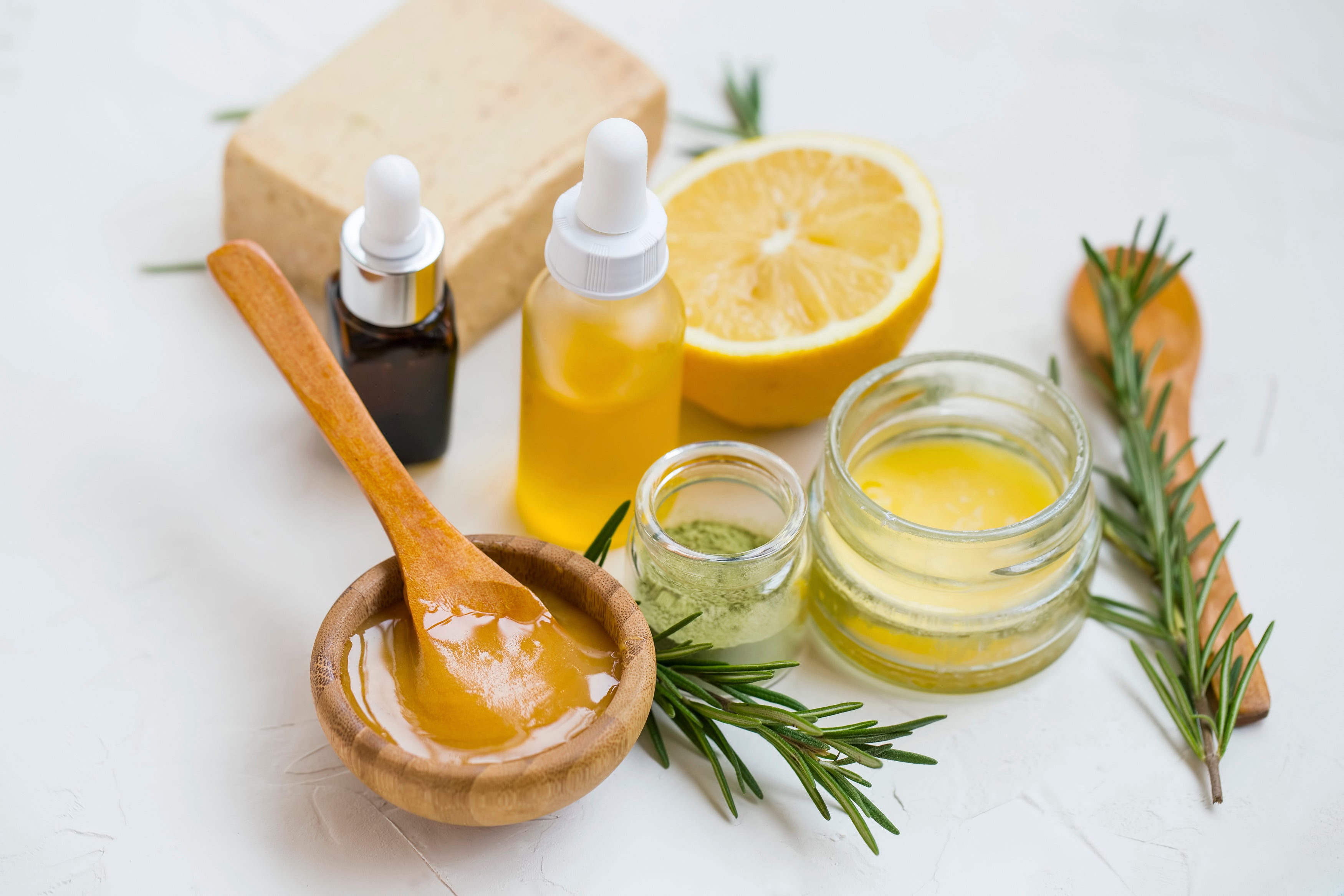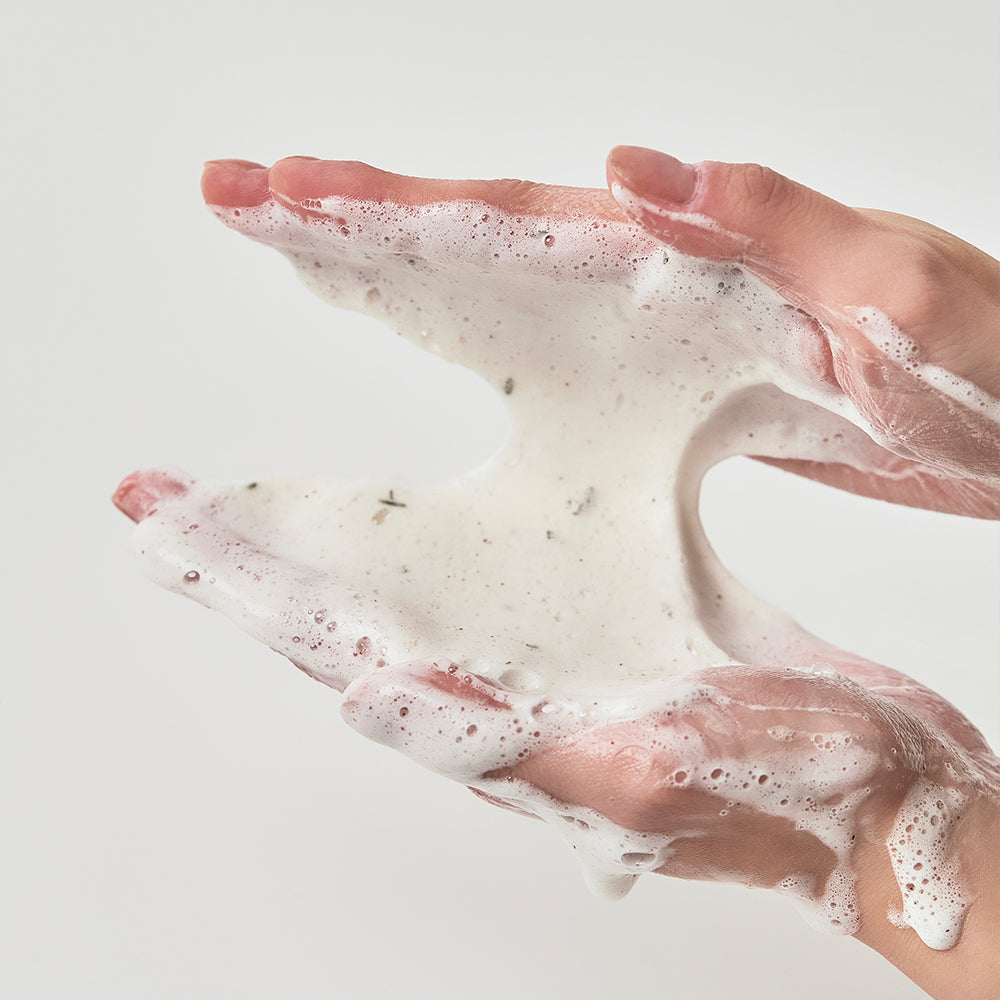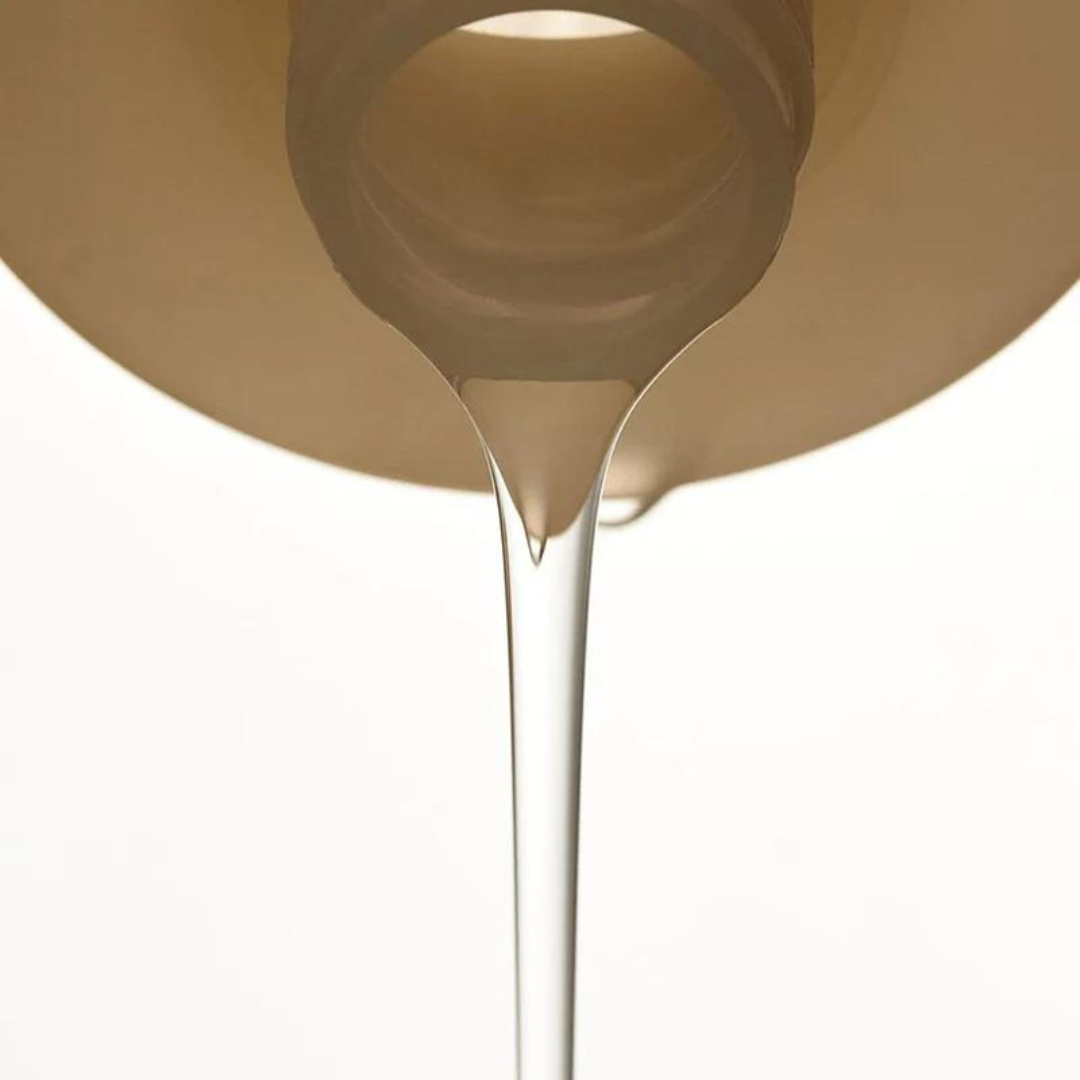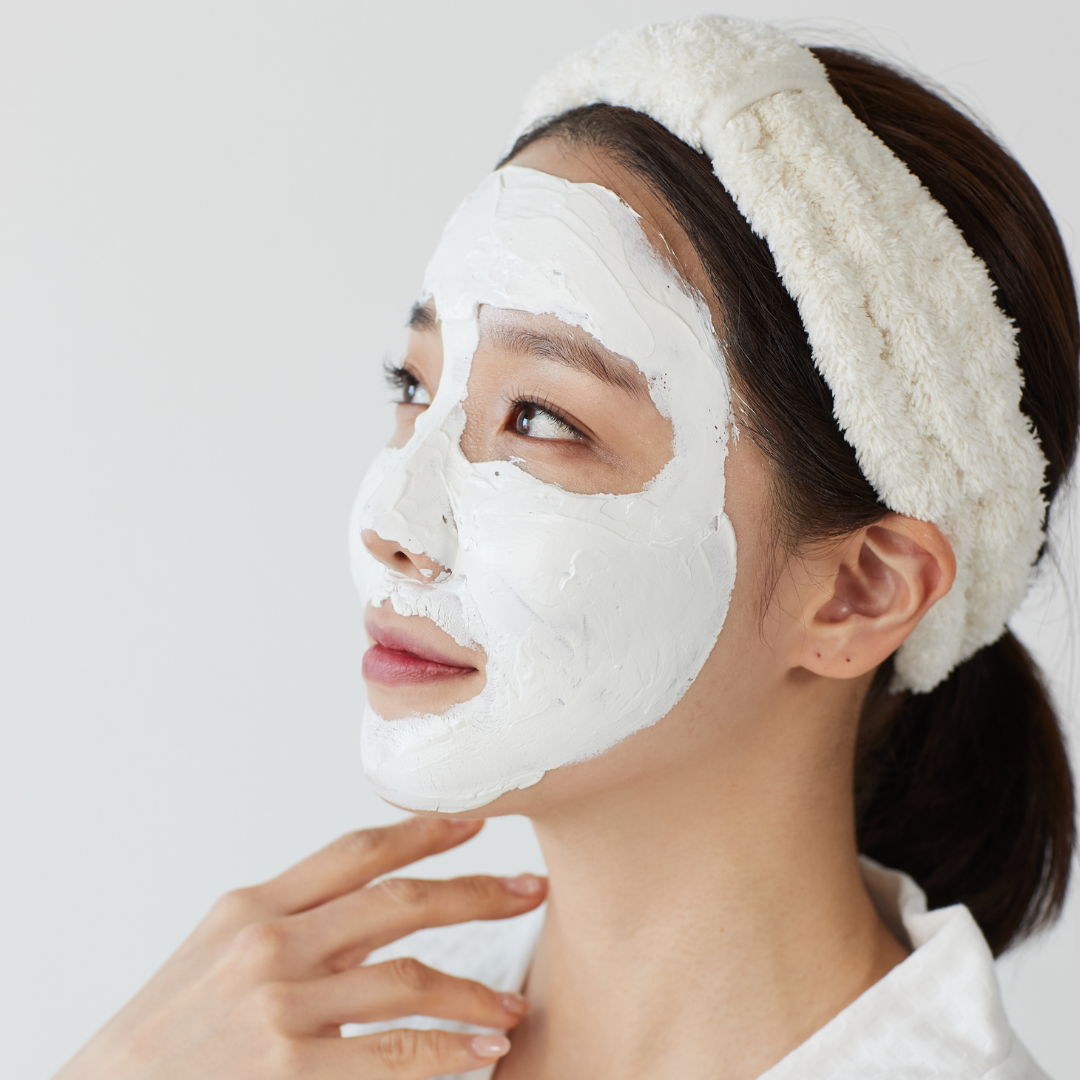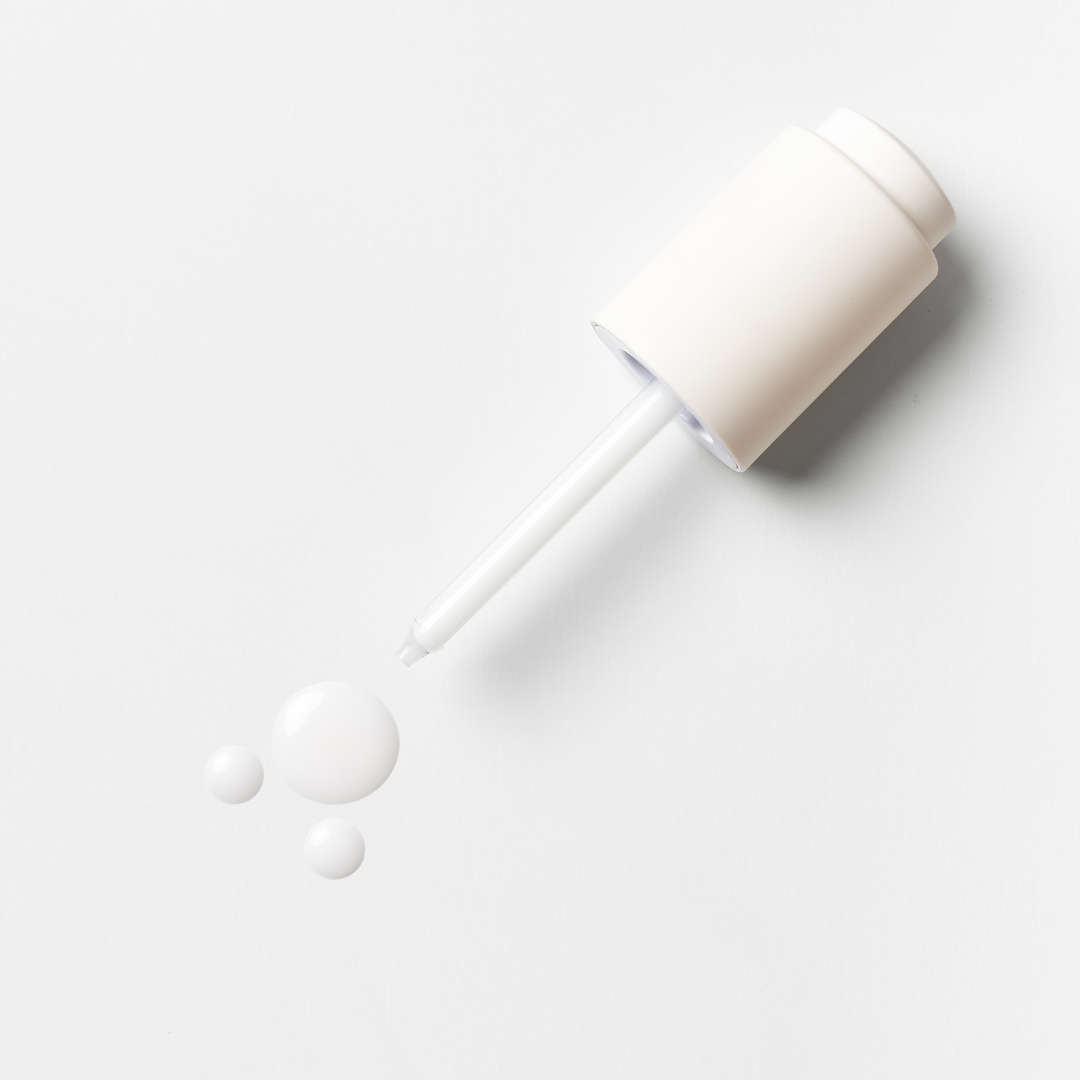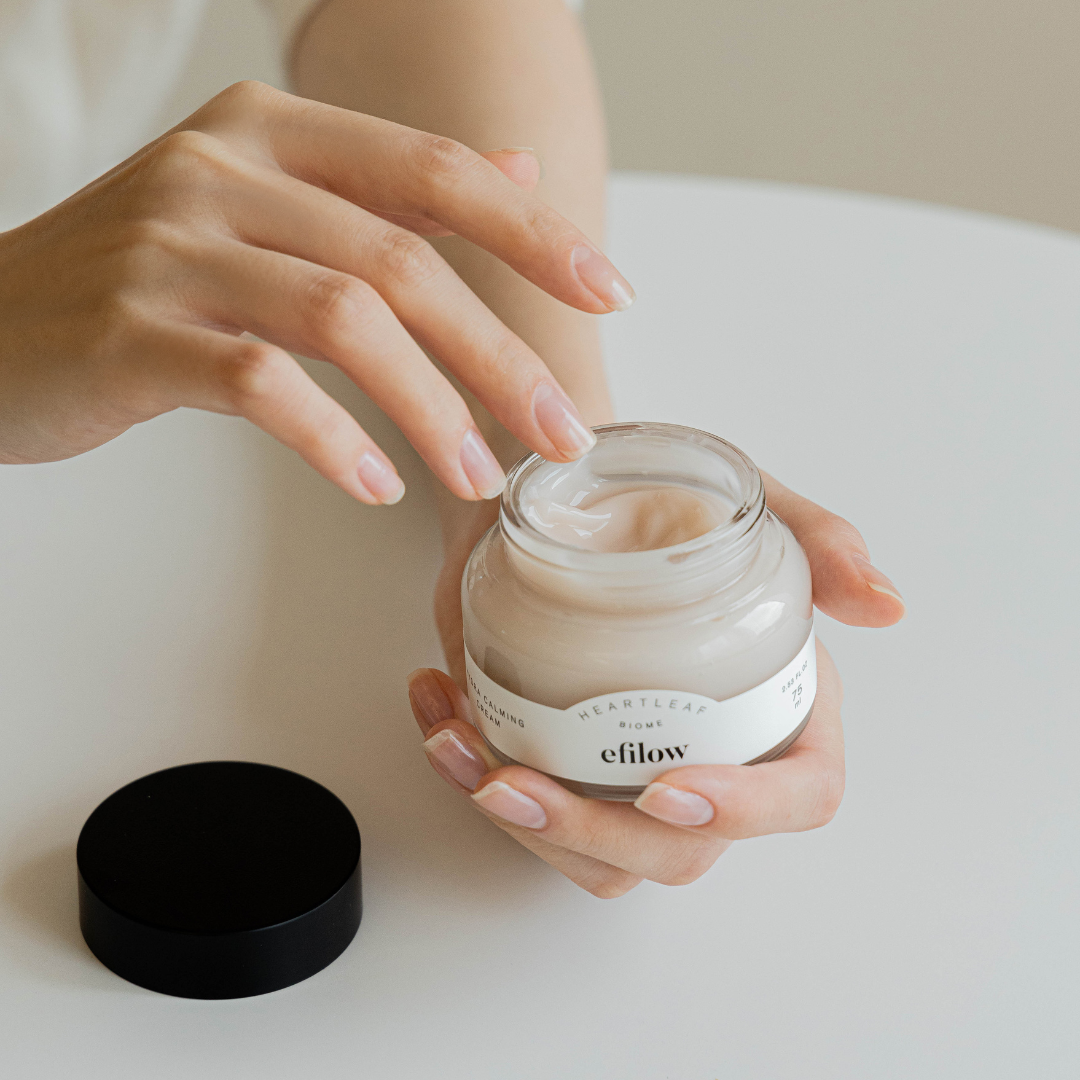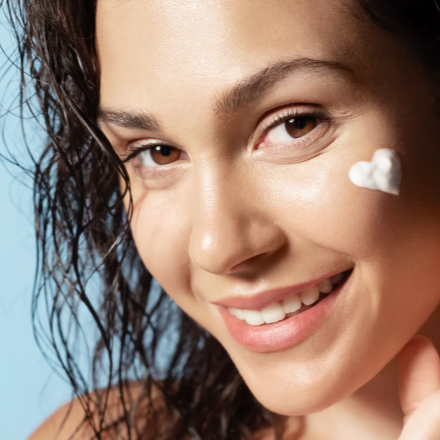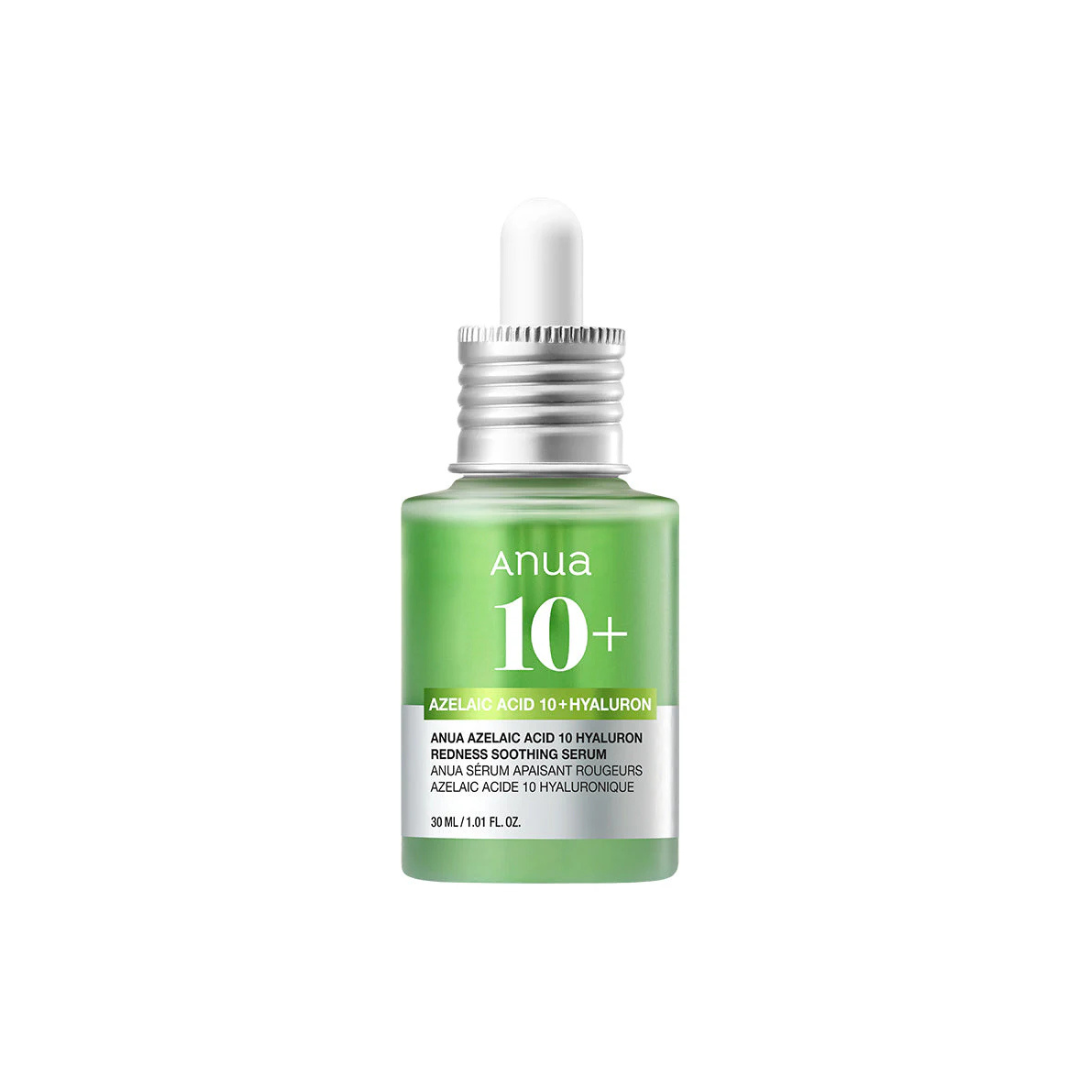Korean skin care has become increasingly popular in recent years, and for good reason. Korean beauty products are known for their innovative ingredients that deliver impressive results. If you're curious about the best Korean skincare ingredients, read on to discover the top 10 ingredients that can transform your skincare routine.
Snail mucin
Snail slime may sound strange, but it is a popular ingredient in Korean skin care because it moisturizes and repairs the skin. It is rich in hyaluronic acid, glycoproteins and peptides that boost collagen production and improve skin elasticity. Snail slime also has anti-inflammatory properties, making it great for soothing irritated skin. Try a snail mucin serum or moisturizer to maintain a glowing complexion.
Green tea
Green tea is an important ingredient in Korean skin care because of its antioxidant and anti-inflammatory properties. It is rich in polyphenols, which help protect the skin from environmental stress and prevent premature aging. Green tea also contains catechins, which have been shown to reduce inflammation and redness in the skin. Use a toner or serum infused with green tea to achieve a clearer, more radiant complexion.
Centella Asiatica
Centella Asiatica, also known as "tiger grass," is a popular ingredient in Korean skin care because of its healing and soothing properties. It is rich in antioxidants and has been proven to improve skin elasticity and reduce fine lines and wrinkles. Centella Asiatica also soothes irritated or inflamed skin, making it an essential ingredient for those with sensitive skin. Look for products that contain Centella Asiatica extract or "Cica" in the name to get the most benefit.
Propolis
Propolis, a resinous substance produced by bees, is a popular ingredient in Korean skin care because of its antibacterial and anti-inflammatory properties. Rich in antioxidants, propolis has been proven to improve skin texture and reduce the appearance of dark spots and blemishes. Propolis also provides the skin with a lot of moisture and is therefore an essential ingredient for people with dry or dehydrated skin.
Niacinamide
Niacinamide, also known as vitamin B3, is a versatile skin care ingredient that offers a range of benefits. It helps improve skin texture, reduce fine lines and wrinkles, and even out skin tone. Niacinamide also reduces sebum production, making it an ideal ingredient for people with oily or acne-prone skin. Look for products that contain at least 5% niacinamide for optimal effect.
vitamin C
Vitamin C has a strong antioxidant effect and protects the skin from harmful environmental influences. It promotes collagen formation, tightens tissue and reduces wrinkles. It also reduces sun damage, makes pigment spots less visible and gives the skin a radiant appearance. Vitamin C also protects against irritation, inflammation and environmental stress, reduces red spots and improves the skin's natural healing process. It also increases the effectiveness of sunscreen and better protects the skin from UV rays.
Hyaluronic acid
Hyaluronic acid is an important component of the skin matrix that supports skin firmness. It has the ability to bind moisture and is therefore used in many skin care products to provide the skin with optimal moisture. Particularly dry and dehydrated skin benefits from the moisturizing effect of hyaluronic acid, which helps to reduce dryness wrinkles and create a plumper complexion. Overall, hyaluronic acid improves skin structure and gives the skin a healthy and radiant appearance.
AHA / BHA / PHA acids
AHAs ( alpha hydroxy acid) such as glycolic acid, lactic acid, malic acid and mandelic acid are popular ingredients in skin care, especially for dry skin. They help brighten the complexion and reduce the appearance of wrinkles, making them ideal as anti-aging ingredients. These acids are water-soluble, and both glycolic acid and lactic acid have moisturizing properties that prevent the loss of water through the skin. They also give the skin a radiant complexion. Among the various AHAs, glycolic acid is the strongest acid and penetrates the skin more easily due to its small molecular size. This also poses an increased risk of possible side effects. Lactic acid, on the other hand, has a slightly larger molecular size, is smoother and less reactive to sensitive skin. Lactic acid is also used in some formulas, not as an exfoliant, but to adjust the pH of the products.
Salicylic acid is the most commonly used BHA ( beta hydroxy acids) in cosmetics. This ingredient is often recommended for oily skin or skin prone to blackheads and acne. This is because salicylic acid is oil-soluble, meaning it can penetrate clogged pores and remove excess sebum. In addition, it has antibacterial and anti-inflammatory properties. However, it is important to note that people with an allergy to aspirin (acetylsalicylic acid) should do a patch test before using BHAs on the face to avoid possible allergic reactions.
The newest introductions to skin care are the PHAs (polyhydroxy acids) such as gluconolactone and lactobionic acid. These ingredients are considered less irritating than their predecessors and can therefore be used even on sensitive skin.
Beta glucan
Beta-glucan is a highly praised ingredient in the K-beauty world, and for good reason. This bioactive polysaccharide, derived from yeast, has soothing and anti-inflammatory properties. It strengthens the skin's natural defense system, reduces redness, irritation, feelings of tension and itching. By restoring the skin's defense system, beta-glucan also promotes the skin's natural regeneration process and strengthens its protective barrier. In addition, the innovative combination with microsilver combats existing skin irritations by having an antibacterial effect and reducing superficial redness.
Tea tree extract
Tea tree extract is a powerful anti-inflammatory that soothes irritated skin, clears blemishes and prevents breakouts. It regulates sebum production, reduces redness and swelling in acne and acts as antioxidant protection against UV rays and environmental pollution. It also has antifungal properties and helps fight bacteria on the skin for clean and clear skin.
Galactomyces
Galactomyces, also known as Galactomyces ferment filtrate, is a discovered ingredient in the production of sake. This ingredient is hardly known in Western cosmetics. It has an antioxidant effect, moisturizes, reduces enlarged pores and regulates sebum production. It also has lightening properties for pigment spots and pimple marks and can counteract premature skin aging.
Rice extract
Rice powder (Oryza Sativa Powder) is a fine, white powder that is obtained from the husk of the rice grain. It is rich in over 100 antioxidants, vitamin E and ferulic acid. Thanks to its high rice extract content, it provides intense moisture and stimulates collagen production, resulting in smoother, supple skin and more elasticity. It also has a brightening effect, giving the skin an even appearance and a radiant complexion.


